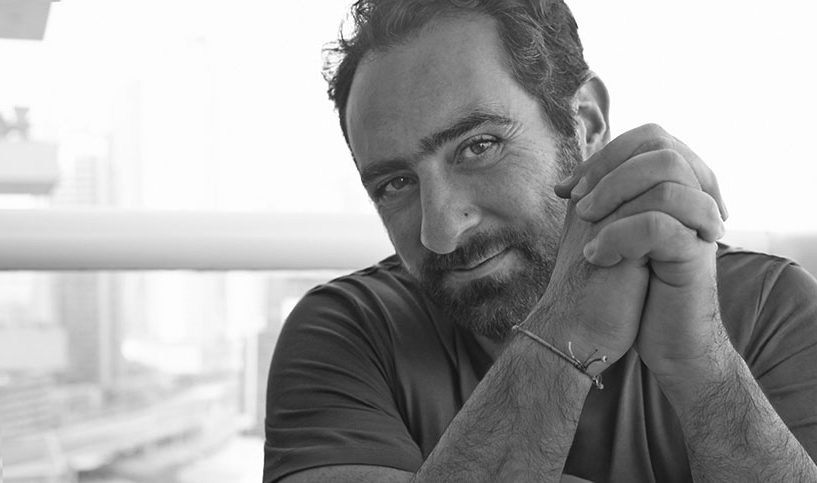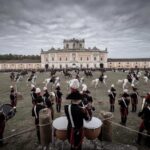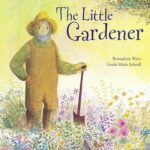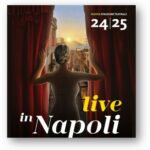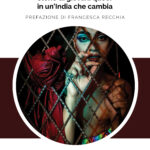Fadi Zaghmout is a Jordanian writer and gender activist. An Arab man free in mind and writing, who with his first novel The Bride of Amman caused a stir in Jordan, becoming a literary case. He has published five novels: The Bride of Amman, Heaven on Earth, Laila and Ebra wa Kushtuban. I read The Bride of Amman recently, the volume (published in 2012) arrived in Italy 10 years after its publication at home. The book touches on burning topics, such as sexual liberation, the relationship between young people, the traditional conception of marriage, women’s emancipation, the LGBTQA+ issue. Keep in mind that the story takes place in Amman and not abroad. Ali, a young Iraqi refugee is the gay character you don’t expect to find in the pages of an Arabic novel, and yet…… !!
We observe the Arab world only from a small corner, from what is given to us by TV little else. In this book we will discover that their fears of being human are not dissimilar from ours. Fadi has humanized the country for a thousand and one nights in our western eyes by making their lives accessible, their soul beyond the burqa and the ramadan. And believe me, we’re all the same about feelings and freedoms..
I met Fadi on IG and after being struck by his book I proposed this interview.
How did the idea for your book come about?
It got developed over the years of my writing on my blog. I started blogging in 2006. Blogging was popular at the time, a new medium that gave us a space of freedom without censorship. I wanted to talk about sexual freedoms and body rights, as I felt that everyone around me in Jordan is suffering in a way or another due to the obsession in rigid gender roles and the lack of sexual freedoms. During my blogging years, I discussed many related topics, wrote short stories and short film scripts. After years of blogging, I wanted to write about these topics in a traditional medium, in a literature form, and thus I compiled the stories into The Bride of Amman.
Is there anything you particularly admire of Western society?
Yes of course! Western societies achieved a lot in terms of human rights. I admire in particular how western societies value freedoms of speech, in addition to all the advancements that have been achieved in terms of protecting individuals’ sexual freedoms and body rights. These advancements shouldn’t be taken for granted. Current generation in the West should always remember the sacrifices made in the past to get you where you are today. It can easily be rolled back if you don’t pay attention.
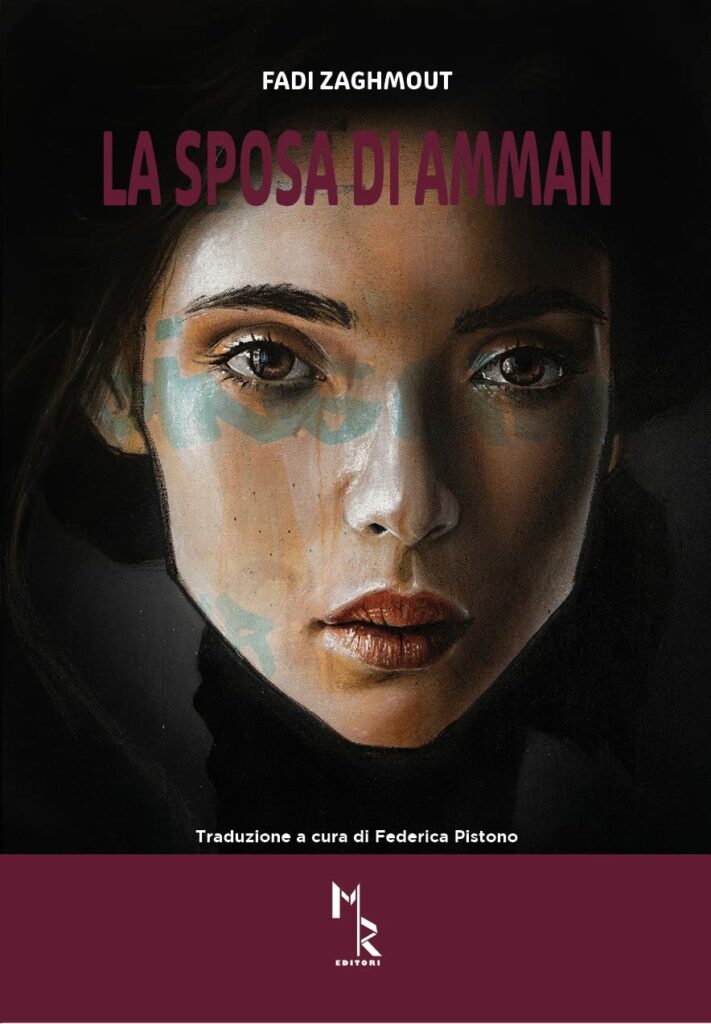
In “The Bride of Amman”, Ali represses his sexuality. How many “men like Ali” are there in Jordan?
So many! In Jordan, in the Arab world, in the Western world, and all over the globe. Even-though so much changed in the past decades in terms of acceptance for LGBTIQ people, there are still many like Ali, who struggle to find a middle ground between their sexual desires, religious beliefs, and social expectations. It is sad, because it is not only men like Ali who suffers, but also innocent women like Laila, who gets tricked into fake marriages.
What are your favourite books?
I love the books the British author Ken Follet. I love Dan Brown books. I also enjoy reading utopian/dystopian fiction. Two of my favorite books of all time are “1984” by George Orwell and “A Brave New World” by Aldous Huxley. There is also “The Kite Runner” by Khaled Al Husseini that is one of my favorite books.
I want to learn more about the Arab LGBTQ+ world, could you recommend three books to me…
Sure, I’d recommend the following books:
- “Yacobian Building” by Alaa Aswani
- “In the Spider Room” by Muhammad Abdelnabi
- “This Arab Is Queer: An Anthology by LGBTQ+ Arab Writers” Edited by Elias Jahshan
- “Guapa” by Salim Haddad


